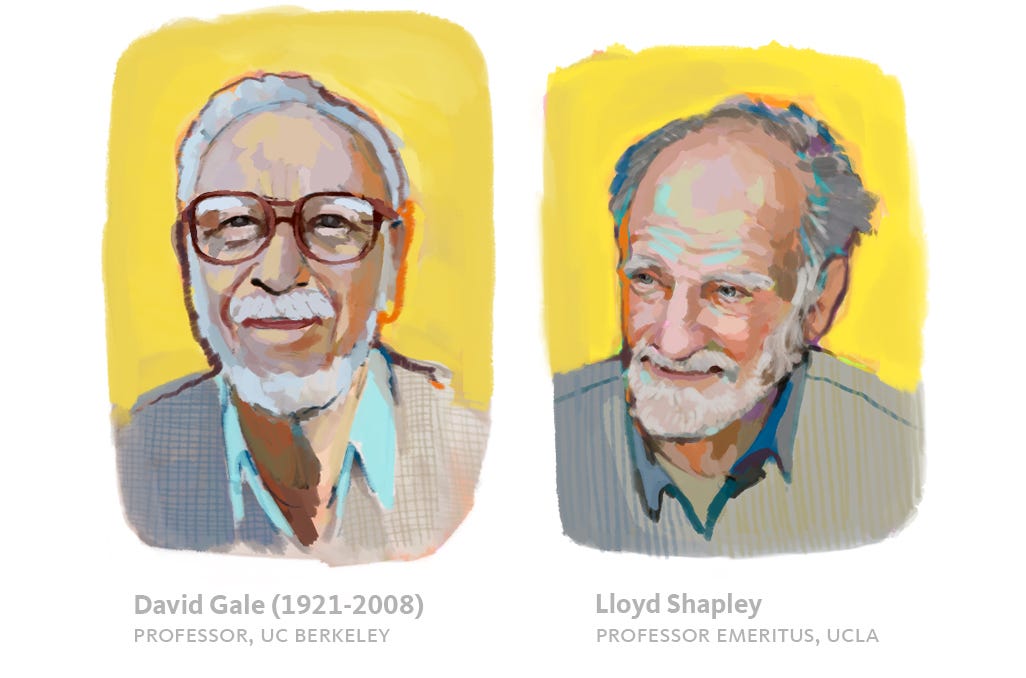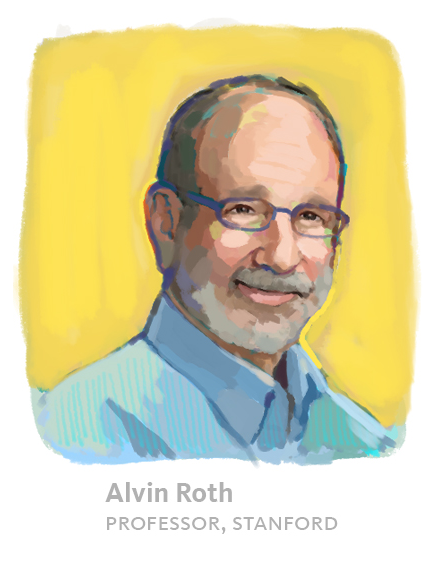Valentine's Day is a good day to take note of dating services that operate only once a year, particularly since one of them,
Datamatch, operates on a Valentine's Day schedule. It started at Harvard, and has now spread to other universities. Here's a story from the Harvard Crimson:
Datamatch Sends Love to Thirteen Schools By Michelle G. Kurilla
"Datamatch, a free matchmaking service run by the Harvard Computer Society, is now available to students at 13 schools.
Program organizers expanded Datamatch's reach from last year, when the service was available at four colleges and universities. HCS, which launched the program in 1994 exclusively for Harvard College students, also offered Datamatch to students at Brown University, Columbia University, and Wellesley College in 2018.
...
"This Valentine’s Day, Datamatch will share the love on thirteen other campuses, in addition to Harvard: Boston College, Brown University, Carleton College, the University of Chicago, the Claremont Colleges, Columbia University, Cornell University, MIT, Wellesley College, University of Wisconsin-Madison, Washington University in St. Louis, and Yale University.
...
"Matches will be released on February 14 across the country."
***********
And from The Oxford Student:
The Oxford Marriage Pact Is Back! by Oz Myerson
"The Oxford Marriage Pact is back, fuelling discussion, debate, and hope among a large proportion of Oxford students this week. In the run up to Valentine’s day, it has been easy to spot many events geared towards hopeful lovers – The Oxford Marriage Pact sits comfortably amongst RAG Blind Dates, the Freud’s Jazz society Valentine’s evening, and the recent Magdalen x St. Hilda’s take-me- out event."
*********
Stanford's Marriage Pact doesn't run on Valentine's day, but is becoming a campus event. Here's a recent story from the Stanford Daily:
Stanford Marriage Pact releases second annual Campus Report
by Danielle Echeverria
"The number of participants in the Marriage Pact — which asks students about a range of topics from religion and politics to sex and spontaneity — has grown each year since its advent three years ago. In total, 91.4% of the class of 2020 has sought a match at least once. The Marriage Pact has had 8,621 unique Stanford undergraduate participants across its three years of existence.
"Beyond the matching algorithm, the Marriage Pact has generated aggregated data on how Stanford students think and what they value. For the second year in a row, the Marriage Pact team has released a Campus Report that highlights trends in the data.
...
"According to the Report, approximately two-thirds of students do not think it is important for their children to be raised with religion. Nearly half of students expect their children to attend Ivy League-tier schools and do not think it is important to make more money than their peers."





